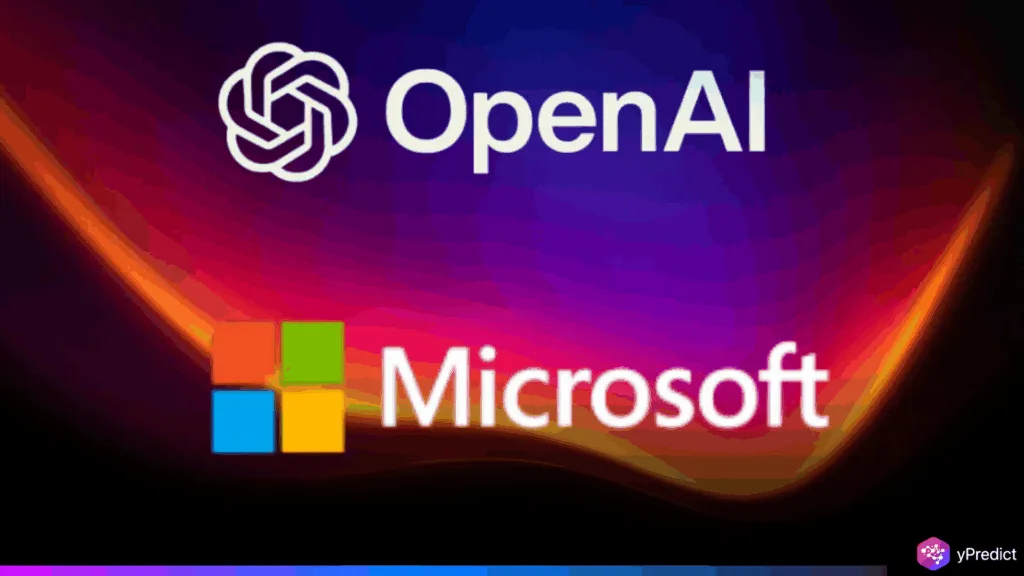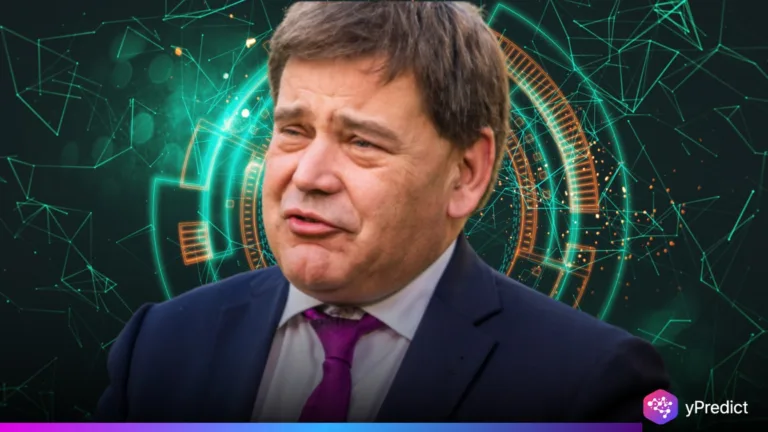
OpenAI is reportedly considering accusing Microsoft of anticompetitive behavior in their partnership, according to the Wall Street Journal. Tensions have risen over unresolved terms tied to Microsoft’s investment and hosting rights for OpenAI’s models. OpenAI may seek federal regulatory review and launch a public campaign to push back. While both companies released a joint statement saying talks are ongoing and productive, internal disputes remain. Key friction points include disagreements over Microsoft’s access to future intellectual property and equity share in a restructured OpenAI. The partnership, once seen as stable, is now under pressure from clashing strategic goals and control issues.
IP Access, Windsurf Deal Add Complexity to Negotiations
A major conflict centers on whether Microsoft would gain access to the intellectual property of Windsurf, a coding startup OpenAI is acquiring for $3 billion. It wants to protect Windsurf’s assets, fearing competitive overlap with Microsoft’s own coding products. The original contract grants Microsoft rights to all OpenAI intellectual property, complicating the acquisition. In addition, Microsoft and OpenAI disagree on the terms of OpenAI’s transition into a public-benefit corporation. Microsoft is reportedly seeking a larger equity stake than OpenAI is willing to offer.
OpenAI has proposed giving Microsoft a 33% stake in the new entity in exchange for waiving future profit rights, according to The Information. However, Microsoft has not accepted those terms and is demanding further concessions. OpenAI is also seeking to revise exclusivity clauses that give Microsoft sole hosting rights for its models. It plans to incorporate Google Cloud to support its growing computing needs.
These negotiations mark a significant shift in the partnership’s dynamics, showing OpenAI’s desire for independence and diversified cloud support. Despite billions in Microsoft’s investment, it is positioning itself for more flexibility. The Windsurf dispute and IP access are testing the boundaries of trust, with major implications for the broader AI ecosystem.
Microsoft Investment Faces Pushback as OpenAI Shifts Strategy
Microsoft’s $13 billion investment in OpenAI has yielded deep integration with Azure, but it is reassessing the balance of power. Executives at the AI startup are seeking to restructure the relationship by capping Microsoft’s stake and loosening contract restrictions. Microsoft’s exclusive rights to host OpenAI’s models and its expected access to future technologies are now being challenged by OpenAI leadership.
Reports suggest OpenAI’s frustration stems from Microsoft’s push for more control, especially as OpenAI nears its goal of becoming a public-benefit corporation. Disputes over cloud hosting rights, intellectual property, and profit-sharing are all in play. OpenAI’s plan to adopt Google Cloud signals a clear move toward diversifying infrastructure and escaping reliance on a single partner.
Such possibilities are likely to change the AI scene. OpenAI and Microsoft have found a way to integrate ChatGPT and other services; however, in the long term, independence and flexibility are valued by OpenAI. Should those talks fail, the result may not only produce legal tensions, regulatory intervention, or a complete restructuring of one of the most publicized alliances in the technology field. As the face to the outside world remains amicable, the scenario within is one of a raging battle that occurs throughout the world of AI, with control of investment, intellectual property, and facilities being the rules of play.
High Stakes and an Uncertain Future
Microsoft and OpenAI have come together in what can be described as an inflection point in the AI arms race. Claiming independence, OpenAI strives to safeguard its interests and ensure the availability of breaking technology, AGI among others. The future development of their relationship depends on bargaining on equity, exclusive rights, and the issue of IP rights. When negotiations break down, scrutiny between regulators and competition may transform the reality of the AI ecosystem. At the current point, both parties are optimistic in the press, yet behind the curtains, faith is being lost. Strategic interests have different ambitions, and billions are at stake, so the tech world waits to see whether cooperation is feasible or will simply collapse.







